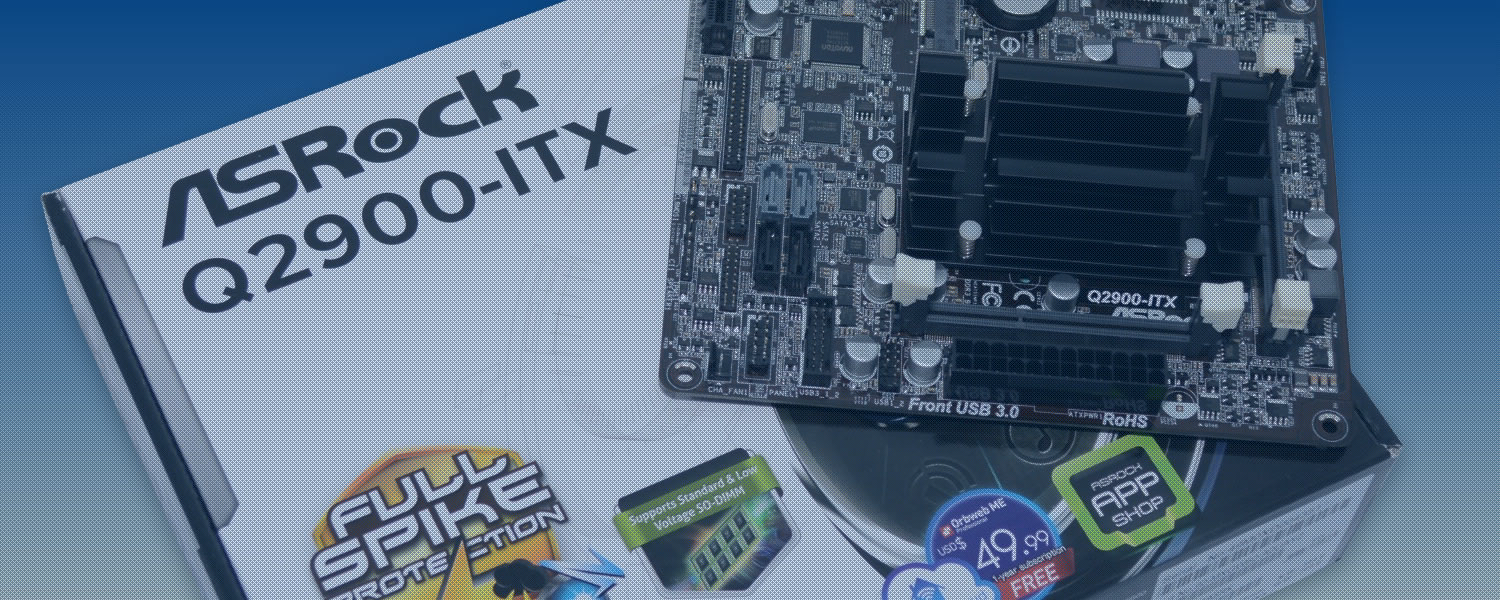Wrap Up: Making the Right Pick
On average, the Pentium J2900 was 6% faster than the Celeron J1900, which seems about right considering its 10% advantage in boost clock speed. Currently the Asrock Q1900-ITX costs $76, while the Q2900-ITX that we looked at today costs 37% more at $104.
It simply doesn't make sense to pay that much extra for an overclocked processor which is only 6% faster. Moreover, for the same money consumers can purchase the Athlon 5350 for $65 and a decent AM1 motherboard such as the Asrock AM1B-MDH for $35.
The Pentium J2900 keeps up with the Athlon 5350 in application performance, with the latter having a slight edge in encoding performance and the former doing a bit better in 1080p video playback. However, Intel's chip chokes on anything remotely 3D-related.
As it did with the Celeron J1900, the Athlon 5350 wipes the floor with the Pentium J2900 in our synthetic and gaming benchmarks. To its credit, the J2900 is marvelously efficient with the entire system using just 41w under full load – 20% less than the Athlon 5350.
Given the wide availability of Celeron J1900 packages now available for as low as $70, that would get our pick over the AM1 platform for non-3D workloads. The Celeron would also win our attention over the Pentium J2900 for being a considerably better value.
Regardless of our thoughts on the Pentium J2900, Asrock has done a fantastic job with the Q2900-ITX, giving the board some nice features such as SATA 6Gb/s, extra USB 3.0 ports and a passive heatsink that keeps the J2900 at 52 degrees under load.
As nice as the Asrock Q2900-ITX is and as cheap as $104 may be in the grand scheme of things, we would rather purchase the $70 Asrock Q1900M or $76 Q1900-ITX, or invest in AMD's AM1 platform for better upgrade potential and gaming performance.
score
Pros: Remarkably efficient and reasonably affordable, the Pentium J2900 is plenty quick for everyday tasks while Asrock's Q2900-IT touts passive cooling, SATA 6Gb/s connectivity and four USB 3.0 ports.
Cons: Intel's own Celeron J1900 is a considerably better value if you don't care about 3D performance while the Athlon 5350 is a better value if you do, not to mention the fact that it can be upgraded later.

